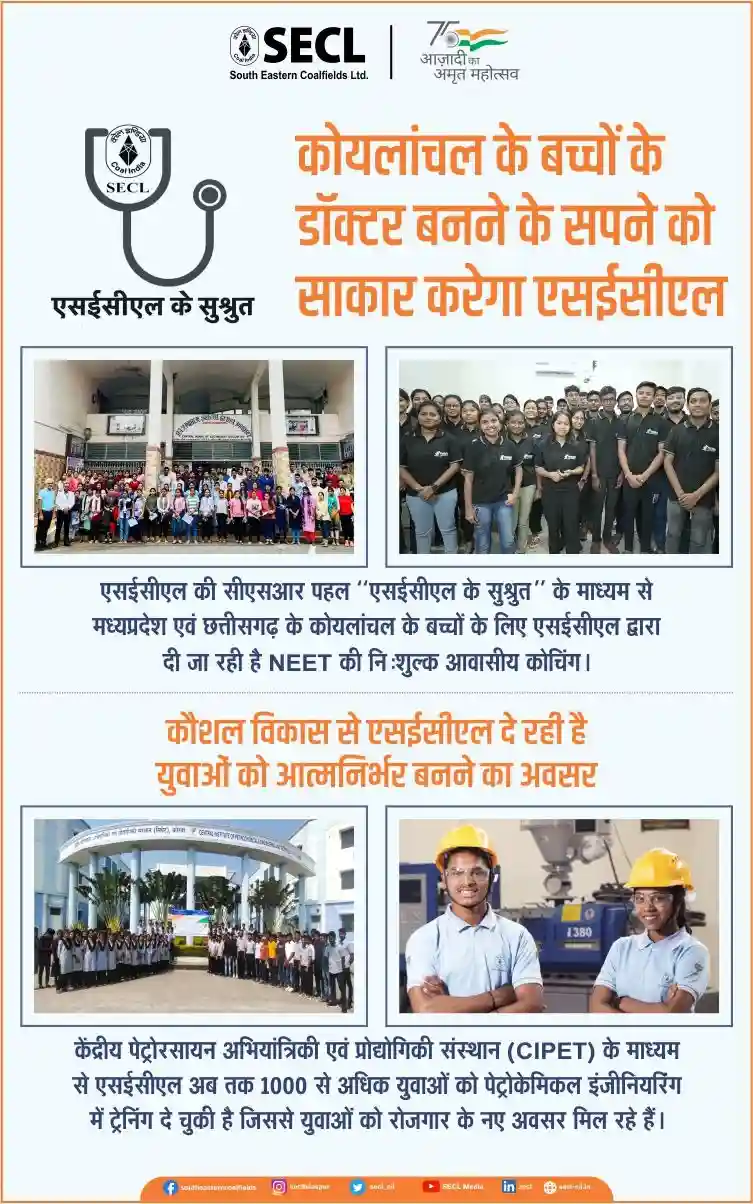The Oxford-AstraZeneca Covid-19 vaccine candidate shows a strong immune response in adults in their 60s and 70s, according to researchers, raising hopes that it can protect age groups most at risk from the virus.
Researchers say the Lancet phase two findings, based on 560 healthy adult volunteers, are encouraging.
Three vaccines – Pfizer-BioNTech, Sputnik and Moderna – have already reported good preliminary data from phase three trials, with one suggesting 94% of people over 65 could be protected from Covid-19.
Older people’s weaker immune systems generally mean vaccines do not tend to function as well as they do in younger people. But, these trial results from the University of Oxford, peer-reviewed in the Lancet, suggest that may not be a problem. They show that older adults aged 56-69 and over 70 had a similar immune response to younger adults aged 18-55.
Dr Maheshi Ramasamy, an investigator at the Oxford Vaccine Group, said two weeks after the second dose, more than 99% of participants of all ages had neutralising antibody responses.
The T-cell response – another measure of how well the immune system responds – peaked two weeks after the first dose of the vaccine, regardless of age.
The robust antibody and T-cell responses seen in older people in the study are encouraging, Dr Ramasamy said. The populations at greatest risk of serious Covid-19 disease include people with existing health conditions and older adults and hence, this vaccine may help to protect some of the most vulnerable people in society, he said.














